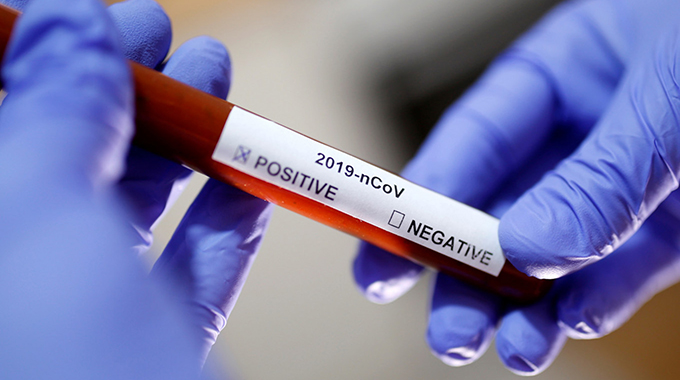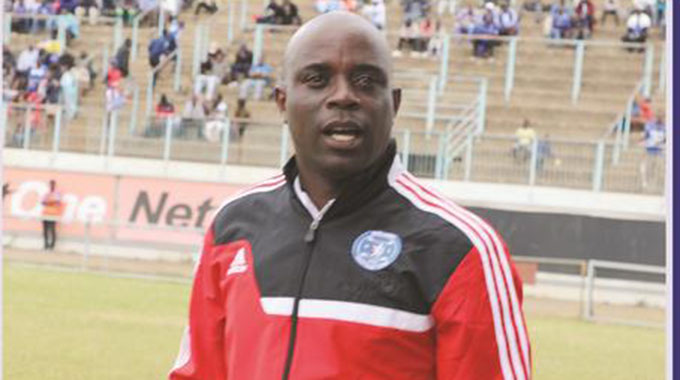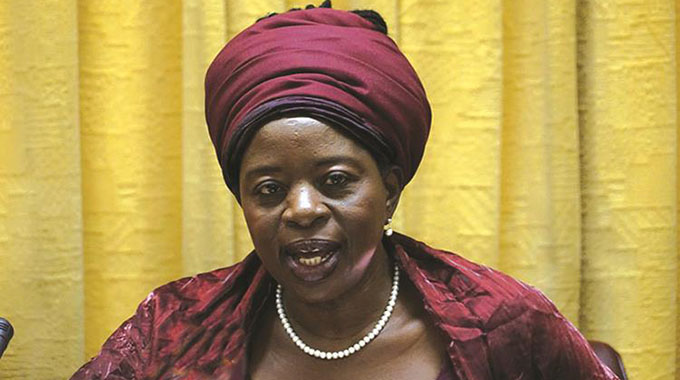Editorial Comment: Lessons from South Koreas on Covid-19

South Korea was among the first countries to be affected by the spread of the novel coronavirus. How it responded, managed and contained the pandemic offers instructive lessons for countries like Zimbabwe.
Seoul’s reaction was anchored on four pillars – swift action; widespread testing; contact tracing to determine who else could have been exposed to persons testing positive for Covid-19; and support and compliance from the public.
While South Korea swiftly imposed emergency measures, it was able to do so without the need to limit movement of people.
By conducting early tests more often, South Korea was able to isolate and treat many people soon after they were infected. Testing was central because it led to early detection, and as a result, minimised further spread.
The tests – conducted across more than 600 testing centres – were behind South Korea’s low fatality rate. In some cases, the testing was undertaken while people were in their vehicles, with the results available in a matter of hours.
There were relentless public messages urging South Koreans to go for testing if they or someone they knew developed symptoms.
After testing positive, health workers retraced patients’ recent movements in order to find, test – and if necessary isolate anyone the person testing positive, may have had contacts with, a process known as contact tracing.
Contact tracing allowed health workers to identify networks of possible transmission early, thus carving the virus out of society.
Officials relied more on mass messaging, while on the other hand violations of isolations attracted fines as high as US$2 500. Its case fatality rate, consequently, was among the lowest in the world.
Subduing the outbreak required that the country kept its citizens fully informed and in return asked for their co-operation. This is how it enlisted the public’s help in fighting the coronavirus.
Radio and television broadcasts, announcements at terminuses and phone alerts provided endless reminders to wear face masks, alongside information on social distancing.
On Tuesday, President Mnangagwa appointed an 11-member inter-ministerial ad hoc taskforce to deal with the outbreak of the coronavirus.
It is chaired by the Minister of Health and Child Care, Dr Obadiah Moyo and its brief is to monitor the situation and manage responses to the pandemic, while identifying gaps requiring corrective action.
The establishment of a Government taskforce on the coronavirus is a commendable move in terms of focusing the spotlight on national efforts against the pandemic.
The Government also set fines of $30 000 or a jail term for violations of self-isolation in confirmed cases of Covid-19.
But the more the better, and many heads are better than one. There is one sector whose critical input could play a decisive role in how the country will overcome the coronavirus.
It is clear that establishing an advisory team made up of the country’s top scientists, epidemiologists, and medical practitioners could assist in plotting the trajectory of the pandemic and advise on how best to tackle it head-on and thus forestall its spread.
The team could comprise representatives from Bindura University of Science and Education, Chinhoyi University of Technology, Harare Institute of Technology, the National University of Science and Technology, the Scientific and Industrial Research and Development Centre (SIRDC), and the University of Zimbabwe’s College of Health.
The input from such a team would then inform the Government’s response, the specific steps to be taken and the resources required to stop and contain further spread of the coronavirus.
In plotting the pandemic’s possible trajectory the advisory team would also need to paint the worst case scenarios, because that too will inform the measures that will need to be taken.
For example, they could advise on what steps should be taken by the Government, if the situation deteriorates and the health and funeral services and cemeteries are overwhelmed.
The advice of such a scientific and medical team would be instructive in establishing the exact appeal for requirements to be made to the international community and other organisations in a position to come to the rescue.
The lessons from South Korea show that Covid-19 can be beaten with smart, swift, aggressive and relentless public health strategies.
A combination of political will, public will and time can all combine to deliver the outcome Zimbabweans hope for as the country prepares to fight the pandemic.








Comments